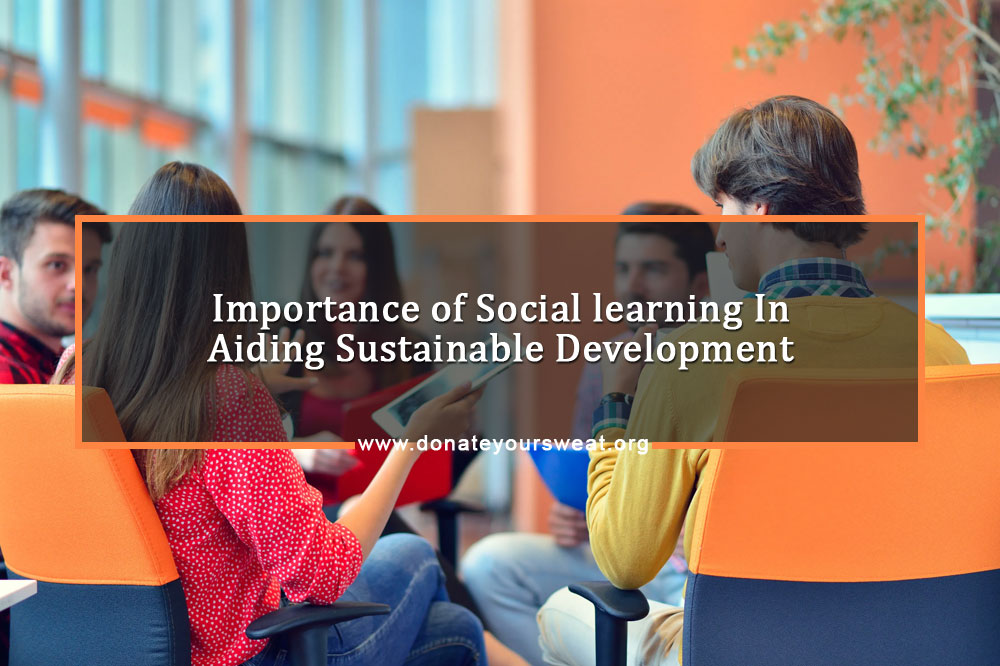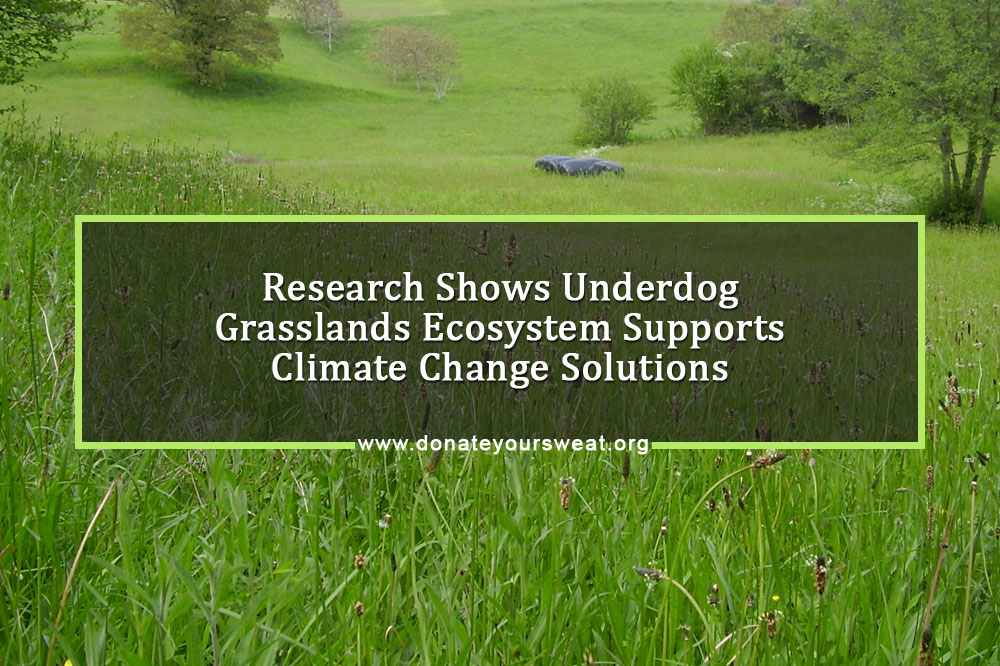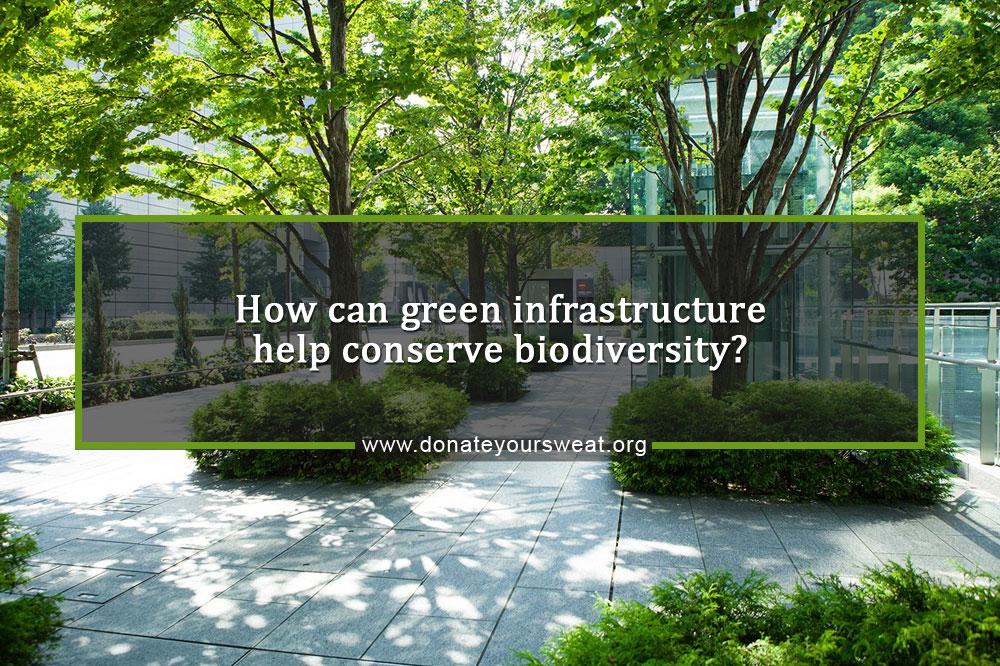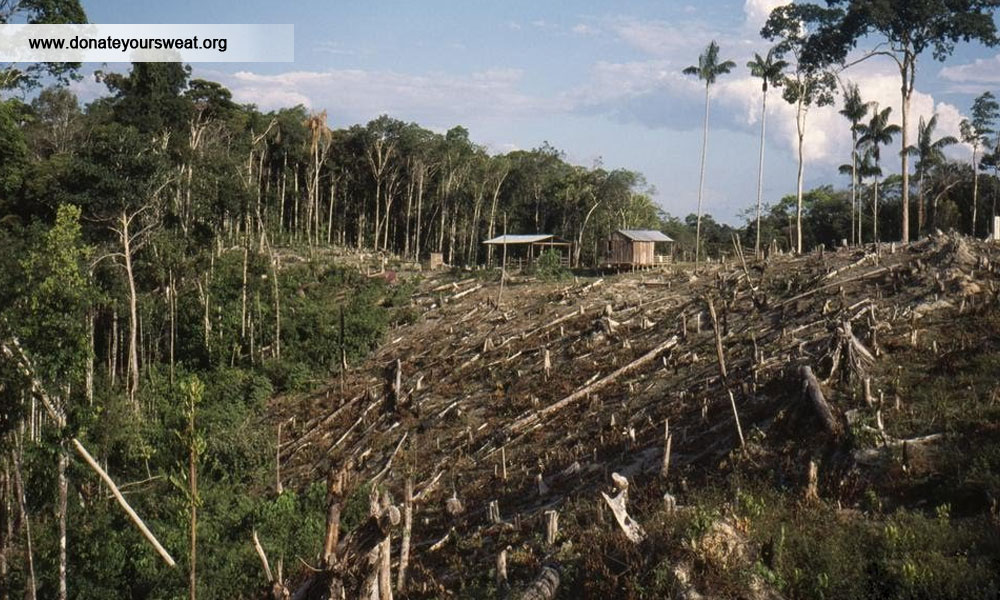There is no definition for social learning. It is an approach that encourages dialogues between groups. It helps to deal with complex environmental problems, especially those with high levels of ambiguity, many stakeholders, and a great deal of disagreement with respect to causes, effects, and expected outcomes. Over time, the dialogue between groups helps participants appreciate others’ views on issues and encourages reflection and development of collective action over time.
Many people confuse social learning to be what other people should know about the things that they think are very important. This is not true. It is actually advice, dissemination of information, or indoctrination. It is only natural that you, at times, feel like telling others as to how or what something is. This, in fact, is a linear method of communication and cannot be considered as social learning.
As a concept, social learning refers to the process of development of understanding by a group of people in order to improve the situation of the members through collective action. It is this understanding that helps experiential learning to be effectively converted into social learning. In fact, the broadening of the perspectives and collective action empowers people to achieve more.
“Empowerment enhances the capacity of the individual member and the group as a whole in choosing options and transforming them into actions and achieving desired results. The social learning required for achieving such outcomes develops over time. It is often developed through various activities that vary on a case to case basis.”
In the recent times, social learning has emerged as an approach to solving complex problems along with other approaches like systems thinking and adaptive management. Actually, social learning incorporates the core aspects of the latter approaches. Adaptive management or learning by doing aims at enabling groups and organizations to change their practices and learn systematically. On the other hand, systems thinking calls for appreciation of interdependency of components and the ability of each element to impact the whole operation. As such, the focus of systems thinking is interaction. Further, the systems thinking approach requires you to take different perspectives on the problem into consideration. This approach takes into account the underlying systemic structures and encourages you to look beyond the distinct events at underlying behavioural patterns and supporting mental models. As such, the systems thinking seeks leverage to see whether structural changes and actions can create significant and long-lasting improvements.
All said and done, social learning cannot be termed ‘social’ if it does not involve people and interactions between them. As complex issues arising from stakeholders with different points of view, systems knowledge, and responsibilities have to be dealt with, social learning should be all about bringing people together and ensuring sustainable development. In specific terms, social learning is all about helping people bridge knowledge systems, cultural differences and disciplines to work collaboratively. It is, therefore, important to keep in mind these concepts in order to encourage more interactions between group members and create a better understanding of the indicators, actions, and goals. This kind of social learning is what ultimately leads to sustainable development.
Why Social Learning is Important for Sustainable Development?
Social learning is an approach to working on multifaceted environmental issues, particularly those with high levels of ambiguity, lots of interested parties and a great deal of disagreement around causes, effects and even desired outcomes.






